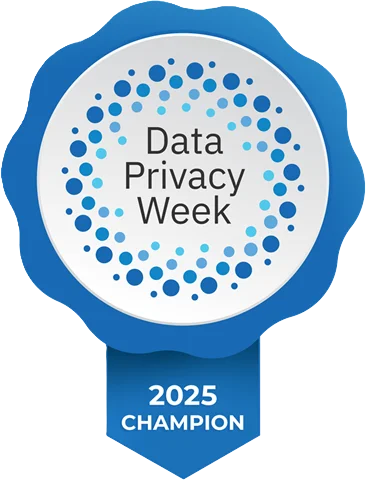Data Privacy Week is an annual campaign to spread awareness about data privacy and educate individuals on how to secure their personal information. It also emphasizes educating businesses on data collection best practices that respect data privacy and promoting transparency.
The National Cybersecurity Alliance (NCA) expanded the Data Privacy Day into Data Privacy Week because your data is that important! Data Privacy Day began in the United States and Canada in January 2008 as an extension of Data Protection Day celebration in Europe. Data Protection Day commemorates the January 28, 1981 signing of Convention 108, the first legally binding international treaty dealing with privacy and data protection.
The goal of Data Privacy Week is to spread awareness about online privacy. Data privacy should be a priority both for individuals and organizations. The goal is twofold: to help individuals understand that they have the power to manage their data and to help organizations understand why it is important that they respect their users’ data.
Your online activity creates a treasure trove of data. This data ranges from your interests and purchases to your online behaviors, and it is collected by websites, apps, devices, services, and companies all around the globe. This data can even include information about your physical self, like health data – think about how an app on your phone might count how many steps you take.
You cannot control how each little piece of data about you and your family is collected. However, you still have a right to data privacy. You can help manage your data with a few repeatable behaviors. Your data is valuable and you deserve to have a say!
Here are some simple, easy tips you that will help you manage your data privacy:
Nowadays, when you download a new app, open a new online account, or join a new social media platform, you will often be asked for access to your personal information before you can even use it!
For these businesses, this personal information about you is tremendously value — and you should think about if the service you get in return is worth the data you must hand over, even if the service is free.
Make informed decisions about sharing your data with businesses or services:
For every app, account, or device, check the privacy and security settings. These should be easy to find in a Settings section and should take a few moments to change. Set them to your comfort level for personal information sharing; generally, we think it’s wise to lean on the side of sharing less data, not more.
You don’t have to do this for every account at once, start small and over time you’ll make a habit of adjusting all your settings to your comfort. We have in-depth, free resources like our Manage Your Privacy Settings page that lets you check the settings of social media accounts, retail stores, apps and more.
Data privacy and data security go hand-in-hand. Along with managing your data privacy settings, follow some simple cybersecurity tips to keep it safe. We recommend following the Core 4:
The Data Privacy Week Champions represent those dedicated to empowering individuals and encouraging businesses to respect privacy, safeguard data and enable trust. Champions include companies and organizations of all sizes, schools and school districts, colleges and universities, nonprofits, government organizations and individuals.
